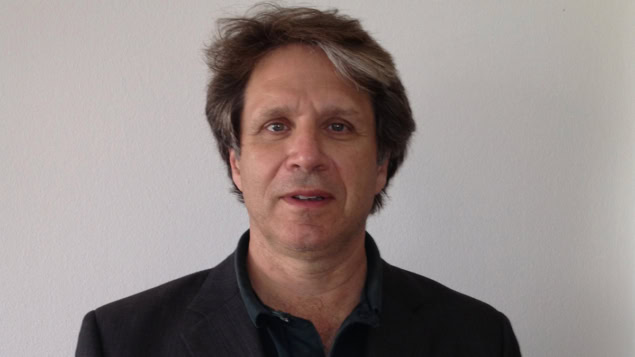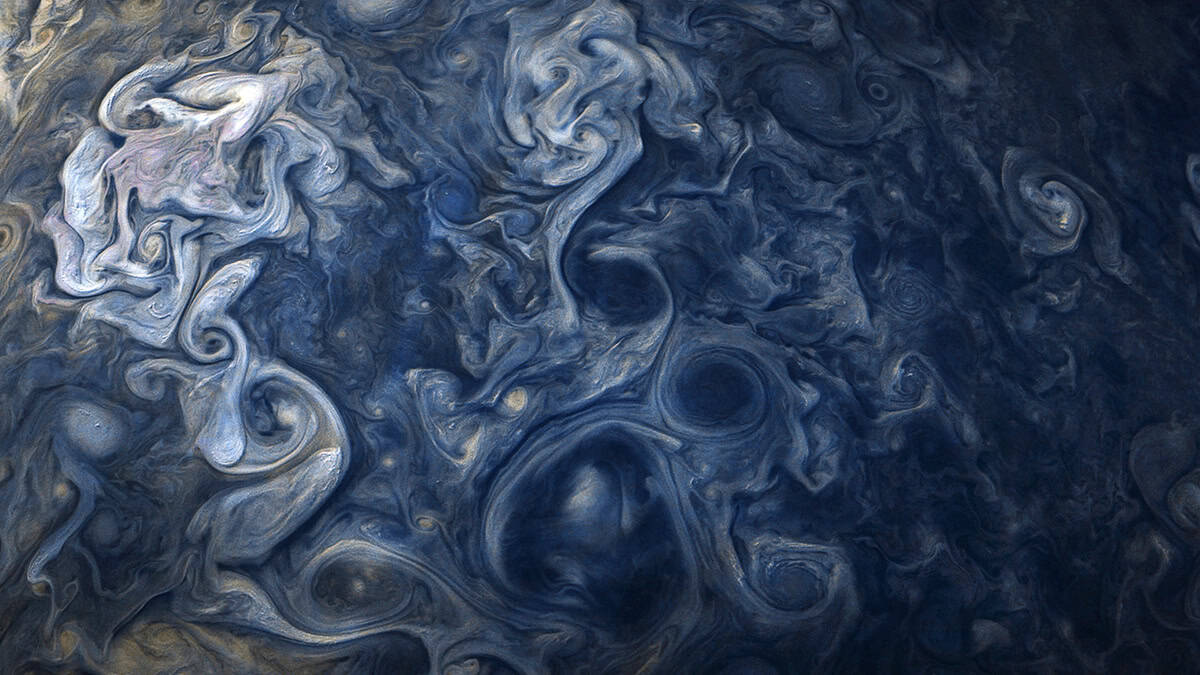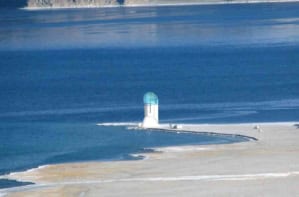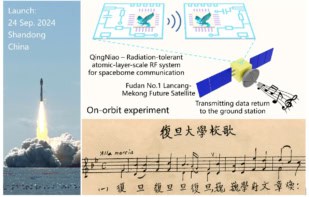Planetary scientist Scott Bolton is an assistant vice president at Southwest Research Institute in San Antonio, Texas, US, and the principal investigator of NASA’s Juno mission, which has been exploring Jupiter since July 2016

What skills do you use every day in your job?
As a planetary scientist, I use mathematics, physics, geology and atmospheric science. But as the principal investigator of Juno, I also have to manage the Juno team, and interface with politicians, people at NASA headquarters and other administrators. In that capacity, I need to be able to talk about topics at various technical levels, because many of the people I’m speaking with are not actively researching planetary science. I need a broad range of skills, but one of the most important is to be able to recognize when I don’t have the right expertise and need to find someone who can help.

What do you like best and least about your job?
I really love being part of a mission that’s discovering new information and new ideas about how the universe works. It’s exciting to be at the edge of something, where you are part of a team that’s seeing an image or an aspect of how nature works for the first time. The discovery element is truly inspirational. I also love seeing how a mixture of scientists with different expertise, skills and backgrounds can come together to understand something new. Watching that process unfold is very exciting to me.
Some tasks I like least are related to budget exercises, administrative tasks and documentation. Some government rules and regulations can be quite taxing and require a lot of time to ensure forms and documents are completed correctly. Occasionally, an urgent action item will appear requiring an immediate response and having to drop current work to fit in a new task. As a result, my normal work gets delayed, and this can be frustrating. I consider one of my main jobs to shelter the team from these extraneous tasks so they can get their work done.
What do you know today that you wish you’d known at the start of your career?
Juno: the spacecraft that is revolutionizing our understanding of Jupiter
The most important thing I know now is that if you really believe in something, you should stick to it. You should not give up. You should keep trying, keep working at it, and find people who can collaborate with you to make it happen. Early on, I didn’t realize how important it was to combine forces with people who complemented my skills in order to achieve goals.
The other thing I wish I had known is that taking time to figure out the best way to approach a challenge, question or problem is beneficial to achieving one’s goals. That was a very valuable lesson to learn. We should resist the temptation to rush into finding the answer – instead, it’s worthwhile to take the time to think about the question and develop an approach.




